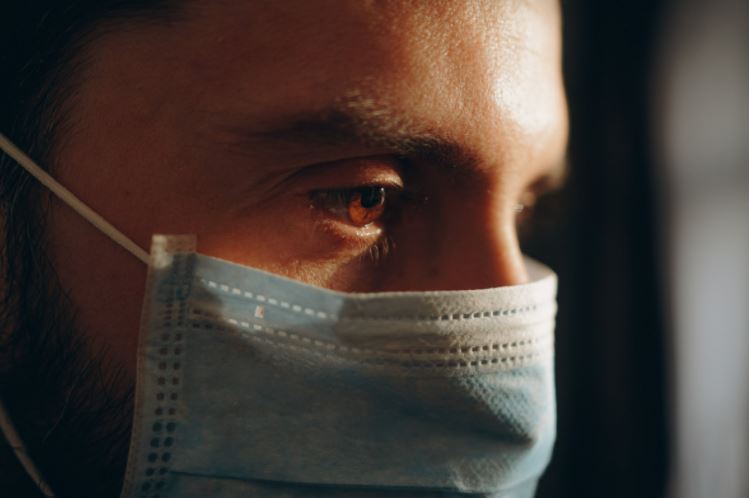
FOR IMMEDIATE RELEASE: March 18, 2022
CONTACT: Bob Wheaton, 517-241-2112, WheatonB@michigan.gov
Michigan’s Child Welfare Improvement Task Force to work with MDHHS to implement recommendations to address widespread racial disparities in state’s child protection system
LANSING, Mich. – The Child Welfare Improvement Task Force today made recommendations to the Michigan Department of Health and Human Services (MDHHS) for preventing and eliminating systemic racism in the state’s child protection system.
Recommendations address issues such as children going into foster care because of the effects of poverty, youth who could live with family members instead being placed in non-relative foster homes, and children of color being a disproportionate percentage of those in congregate care facilities.
Visit michigancwtf.org to read the task force report.
“MDHHS believes the overrepresentation of children of color in the child welfare system requires fundamental systems change,” said Demetrius Starling, executive director of the department’s Children’s Services Agency. “Children of color enter foster care at higher rates and stay in care longer than their white peers. Children of color are also more likely to age out of care without finding a forever family. We must take action to address these challenges.”
MDHHS Director Elizabeth Hertel charged the task force with working with Starling and his Children’s Services Agency team in developing recommendations to the department. While 31% of Michigan’s children are people of color, they make up 51% of its foster care population.
The task force is chaired by Thomas Stallworth, senior advisor to Gov. Gretchen Whitmer and director of the Michigan Coronavirus Task Force on Racial Disparities, and co-chaired by David Sanders, executive vice president of Systems Improvement at Casey Family Programs, which is nationally renowned for its work to improve outcomes for youth involved in the child welfare system.
Six key recommendations are being presented to the task force today to address six problem statements identified as being related to over-representation of children of color in the foster care system in Michigan. The problem statements and recommendations for addressing them are:
- Problem Statement: Families who have contact with child welfare and whose children are placed in care overwhelmingly experience poverty, housing instability and associated challenges. There is ample evidence that judgments of neglect are confounded with the effects of poverty.
Recommendation: Redefine abuse and neglect/physical neglect.
- Problem Statement: There are disproportionalities in the extent to which communities of color are reported to and engaged with child welfare systems, placed in care and placed in more restrictive forms of care.
Recommendation: Implement new structured decision-making tools. These tools use clearly defined and consistently applied decision-making criteria.
- Problem Statement: Children are entering foster care when they could be placed safely with relatives or fictive kin, which are nonrelatives such as family friends who have a significant relationship with children.
Recommendation: Increase specialized services and supports for relative and kinship caregivers.
- Problem Statement: The disproportionate placement of children of color in care and in congregate care facilities known as child-caring institutions reflects a cross-systems phenomenon in which they experience more restrictive placements.
Recommendation: There is a need for early identification and appropriate intervention to avert crisis and placement. Increase access to mental health services for children and families.
- Problem Statement: Children of color are disproportionately placed in child-caring institutions and have longer lengths of stay.
Recommendation: Implement appropriate services to reduce placements in child- caring institutions and length of stay.
- Problem Statement: The Children’s Services Agency budget does not provide adequate resources to advance these two recommendations – increasing specialized services and supports for relative and kinship caregivers and implementing appropriate services to reduce placements in child- caring institutions and length of stay.
Recommendation: Secure funding to implement the recommendations.
MDHHS has acknowledged the disparate treatment of Black children and families as barriers to achieving that goal and has identified specific strategies to address this challenge.
Stallworth agreed. “A concentrated effort was needed to identify the root causes of system disparities, eliminate any implicit bias and redesign a process that currently represents another prison pipeline for children of color,” he said. “The department and task force members should be applauded for their courage and commitment to achieving better outcomes for children and families.”
After listening to youth, families, staff and key stakeholders, the task force identified the six recommendations to address problems that are contributing to racial and ethnic disparities:
The task force is developing an implementation plan for each of the main recommendations to help meet their goals of supporting MDHHS to improve the child protection system to provide safe, fair and equitable treatment of all Michigan’s children and families.
The task force is being staffed by Paul Elam, chief strategy officer at the Michigan Public Health Institute, a Michigan-based, nonprofit public health institute leading public health efforts across the country. |







